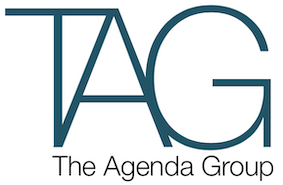With increasingly tighter government budgets, social benefit bonds (SBB) have emerged as an innovative way to fund and manage the provision of social services.
SBBs are financial instruments that pay a return based on the achievement of agreed social outcomes. Investors fund the delivery of services targeted at improving a particular social outcome and the achievement of this outcome should reduce the need for, and therefore government spending on, acute services.
Part of the resultant savings are then used to repay investors’ principal and make additional reward payments, the level of which is dependent on the degree of outcome improvement achieved.
According to the literature, the benefits of SBBs include:
A focus on outcomes not outputs – Traditionally government payouts attach to units of service rather than the outcome itself. In contrast, SBBs provide a direct financial incentive to focus on and improve the outcome in question. Theoretically under this model, the Government gets improved outcomes, while providers are relieved of reporting about service inputs and outputs and are free to focus on delivering outcomes in a way that best suits them.
Additional resources towards early intervention – Directing Government funds for prevention and early intervention can be difficult when resources are committed to acute and crisis services. If successful, the use of SBBs reduces later demand for acute services and free up Government funds, part of which can then be used to repay investors.
Innovation – Payment for results, rather than the delivery of a prescribed service, frees service providers and investors to explore different ways of achieving better results. Providers have the flexibility to change service delivery approaches or experiment with a number of approaches at the same time.
Accountability and transparency – The focus on clear outcomes measurement in SBBs ensures clarity about what a Government funding is achieving and when.
New South Wales Newpin Trial
In March this year, the NSW Government announced they had signed Australia’s first SBB contract. The Newpin bond will focus on restoring children to families and preventing children from entering out-of-home care by funding four centres and enabling an expansion of their program.
The restoration rate of children who enter the program is the key performance indicator which produces the interest rate and the repayment obligations of the bond. A financial return of 10 – 12% per annum has been targeted, dependent on the successful performance of the service.
It is expected that $7million will be raised by mid-2013 at which time the bond will start operating for seven years.
Implications for Victoria
The Victorian Government will be watching the rollout of the Newpin trial with interest. While SBBs have already been rolled out successfully in the US and UK, the NSW experiment will provide a platform for how receptive other Australian jurisdictions will be on their introduction within their own patch.
Organisations in the social services sector would do well to keep a close eye on this policy area, especially ones that work within the early intervention space that may struggle to attract government funds.
